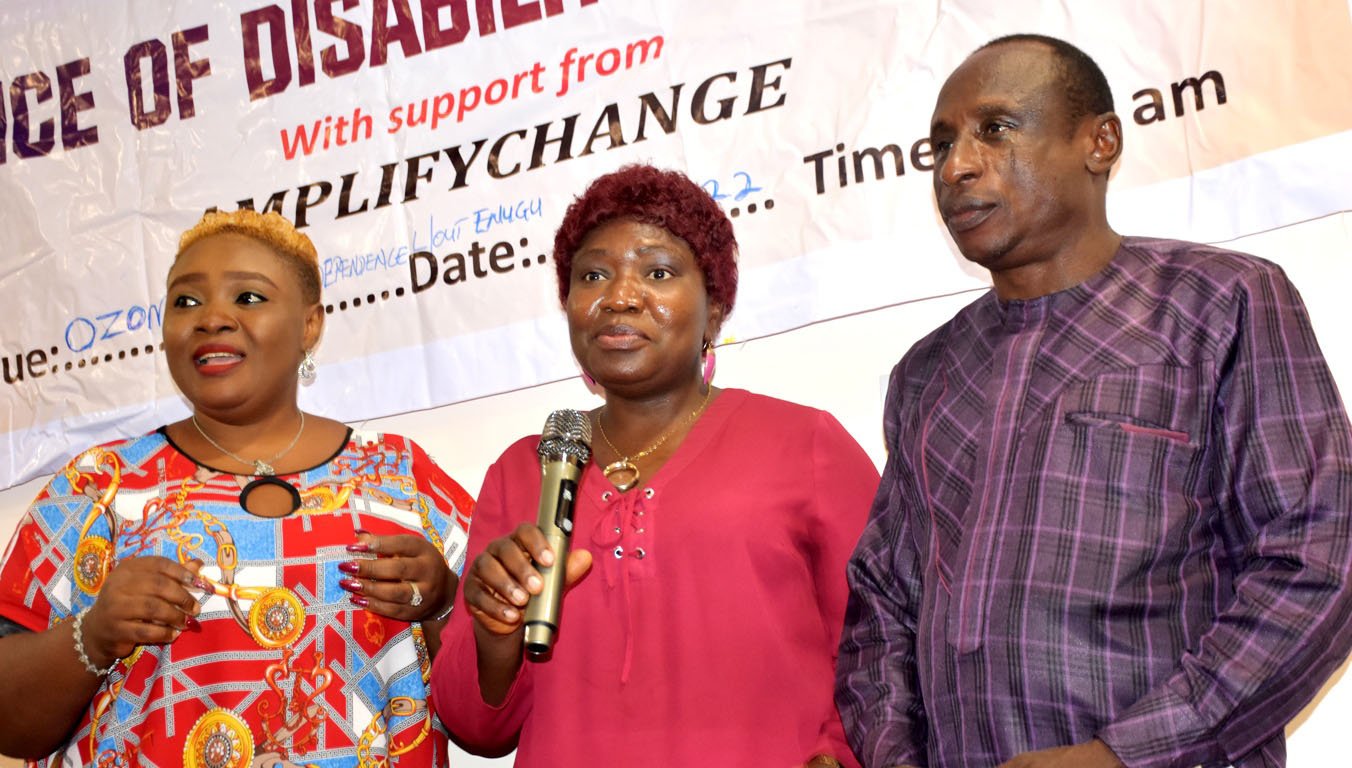Business
Experts Predict 60% Rise In Vehicle Smuggling From Border Reopening

Following the order to reopen Nigeria’s land borders after three years shut down due to the incessant smuggling of arms and different contraband goods, experts say it would lead to an increase in smuggling of vehicles by 60 percent.
A member of the National Association of Government Approved Freight Forwarders, Segun Musa, who admitted that smuggling had been happening even when the borders were closed, noted that the re-opening of the land borders would only give room for officers of the Nigeria Customs Service (NCS) to be compromised.
“There will be a huge increase in smuggling, talking about over 60 per cent increase in smuggling of vehicles. Normally, smuggled vehicles do not pass through those borders, they pass through unguarded borders.
“Talking about the increase in the smuggling of vehicles, I will say that the newly introduced 15 per cent National Automotive Council (NAC) levy is the best way to encourage smuggling and then the re-opening of the borders does not help it.
“Smuggling is just a regular occurrence. As we speak, smuggling has not stopped; it is a regular, daily activity. Re-opening the borders will only allow the officers of the NCS to compromise, though that is not smuggling but compromise. The one we call smuggling are transited through unguarded entry points where we don’t have people manning,” he said.
Also speaking, the Lagos Chapter Chairman of the Association of Motor Dealers of Nigeria, Metche Nnadiwekwe said, “the issue of National Automotive Council will increase vehicle smuggling to, say, 40 per cent. People must always look for shortcuts,” he said.
On his part, a member of the Association of Nigerian Licensed Customs Agents, Mr Charles Nwarienne, said the re-opening of the border would help people bring in vehicles and other goods.
“They have re-opened the borders and we cannot see much coming in from them. Ordinarily, you know that before they closed the border, there were jobs coming in from the borders. So, we believe that the purpose of re-opening the borders is to give them clearance to bring vehicles and other goods through the borders. This is my own opinion.”
However, the National Public Relations Officer of the NCS, Timi Bomodi, was quoted to have said that the importation of vehicles and foreign parboiled rice through the land borders was not allowed.
Business
Agency Gives Insight Into Its Inspection, Monitoring Operations

Business
BVN Enrolments Rise 6% To 67.8m In 2025 — NIBSS

The Nigeria Inter-Bank Settlement System (NIBSS) has said that Bank Verification Number (BVN) enrolments rose by 6.8 per cent year-on-year to 67.8 million as at December 2025, up from 63.5 million recorded in the corresponding period of 2024.
In a statement published on its website, NIBSS attributed the growth to stronger policy enforcement by the Central Bank of Nigeria (CBN) and the expansion of diaspora enrolment initiatives.
NIBSS noted that the expansion reinforces the BVN system’s central role in Nigeria’s financial inclusion drive and digital identity framework.
Another major driver, the statement said, was the rollout of the Non-Resident Bank Verification Number (NRBVN) initiative, which allows Nigerians in the diaspora to obtain a BVN remotely without physical presence in the country.
A five-year analysis by NIBSS showed consistent growth in BVN enrolments, rising from 51.9 million in 2021 to 56.0 million in 2022, 60.1 million in 2023, 63.5 million in 2024 and 67.8 million by December 2025. The steady increase reflects stronger compliance with biometric identity requirements and improved coverage of the national banking identity system.
However, NIBSS noted that BVN enrolments still lag the total number of active bank accounts, which exceeded 320 million as of March 2025.
The gap, it explained, is largely due to multiple bank accounts linked to single BVNs, as well as customers yet to complete enrolment, despite the progress recorded.
Business
AFAN Unveils Plans To Boost Food Production In 2026
-

 Sports3 days ago
Sports3 days agoTinubu Lauds Super Eagles’ after AFCON bronze triumph
-

 Sports3 days ago
Sports3 days agoFulham Manager Eager To Receive Iwobi, Others
-

 Sports3 days ago
Sports3 days agoAFCON: Lookman gives Nigeria third place
-

 Sports3 days ago
Sports3 days ago“Mikel’s Influence Prevent Some Players Invitation To S’Eagles Camp”
-

 Sports3 days ago
Sports3 days agoMan of The Match award Excites Nwabali
-

 Sports3 days ago
Sports3 days agoRemo, Ikorodu set for NPFL hearing, Today
-

 Sports3 days ago
Sports3 days agoPolice Games: LOC inspects facilities in Asaba
-

 Niger Delta3 days ago
Niger Delta3 days agoINC Polls: Ogoriba Pledges To Continuously Stand For N’Delta Rights … Picks Presidential Form

